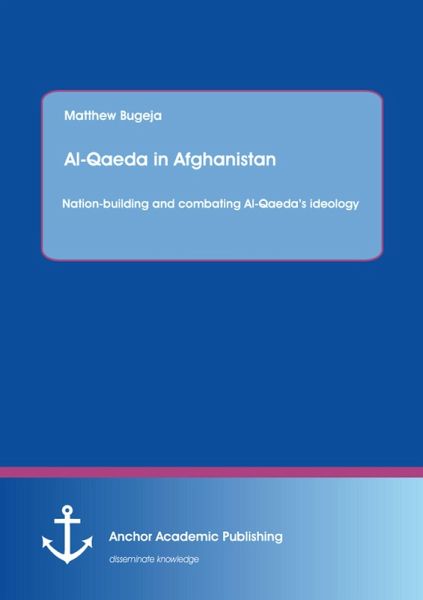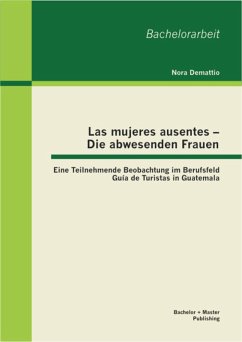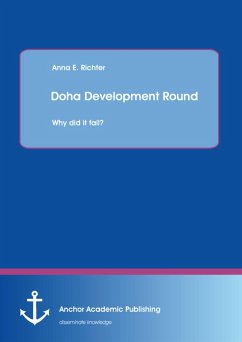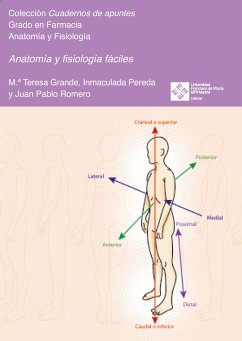
Al-Qaeda in Afghanistan: Nation-building and combating Al-Qaeda's ideology (eBook, PDF)
Versandkostenfrei!
Sofort per Download lieferbar
Statt: 54,99 €**
39,99 €
inkl. MwSt. und vom Verlag festgesetzt.
**Preis der gedruckten Ausgabe (Broschiertes Buch)
Alle Infos zum eBook verschenkenWeitere Ausgaben:

PAYBACK Punkte
0 °P sammeln!
This book explores the threats posed by al Qaeda in Afghanistan and examines the Western narrative of whether it is necessary to eliminate the militant threat in order to stabilize the country. It is argued that Al Qaeda's ideology has now become stronger than its ability to threaten international security; that its aim to become an agent of change within the Muslim world has come to outweigh the threat attributed to it as a conventional, kinetic, and terrorist entity. The current instability within Afghanistan is not due to al Qaeda's physical presence there but rather an amalgamation of fact...
This book explores the threats posed by al Qaeda in Afghanistan and examines the Western narrative of whether it is necessary to eliminate the militant threat in order to stabilize the country. It is argued that Al Qaeda's ideology has now become stronger than its ability to threaten international security; that its aim to become an agent of change within the Muslim world has come to outweigh the threat attributed to it as a conventional, kinetic, and terrorist entity. The current instability within Afghanistan is not due to al Qaeda's physical presence there but rather an amalgamation of factors. It will be argued that the U.S.-led invasion in 2001 has contributed to Al Qaeda's weakening there but it has not contributed to stabilize Afghanistan itself. The instability in Afghanistan will require a strong, long-term commitment by the international community, while the fight against Al Qaeda will require more focus on combating its ideology, and less on military action.
Dieser Download kann aus rechtlichen Gründen nur mit Rechnungsadresse in A, B, BG, CY, CZ, D, DK, EW, E, FIN, F, GR, HR, H, IRL, I, LT, L, LR, M, NL, PL, P, R, S, SLO, SK ausgeliefert werden.













